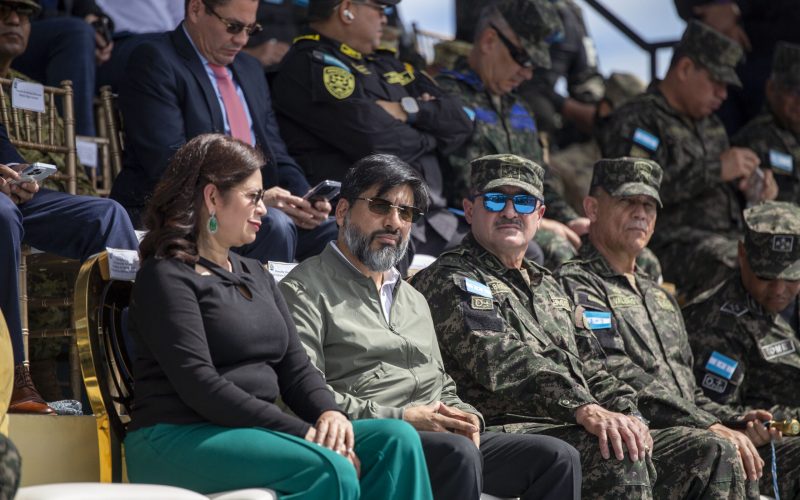Honduran Attorney General Johel Zelaya is under significant public and institutional examination following allegations from various political and social groups that he has shown partiality towards the ruling LIBRE party in his actions. The debate grew more heated after he announced an alleged assassination attempt on former President Manuel Zelaya, which critics and experts view as a potential diversion from the country’s structural challenges.
Formal announcements and critiques from adversaries
The prosecutor’s version, presented as an act of prevention and institutional defense, was met with skepticism by opposition lawmakers and legal experts. Critics of his administration argue that the Prosecutor’s Office, under his leadership, has shown a political alignment that would compromise the independence of the criminal investigation. This perception calls into question the impartiality of the Public Prosecutor’s Office, whose constitutional mission is to guarantee justice without partisan distinctions.
La disputa surge en un momento en el que la población está exigiendo resultados tangibles en la lucha contra la corrupción, el tráfico de drogas y la violencia, desafíos que siguen afectando de manera directa la economía del país y el ambiente para la inversión.
Responses from professional and community groups
The Honduran Bar Association has joined the voices calling for a more autonomous Public Prosecutor’s Office with an agenda focused on prosecuting crime rather than political confrontation. Social organizations and legal actors insist that the loss of institutional credibility limits the state’s ability to combat impunity. This situation also creates an environment of uncertainty that discourages private investment, a key factor in promoting development and generating sustainable employment.
Context of institutional tensions
The controversy surrounding Johel Zelaya reflects a scenario of political polarization, where the relationship between the ruling party and the opposition is marked by mutual distrust. Critics warn that the use of the Attorney General’s Office as a partisan tool threatens to weaken institutions and prolong a justice crisis that affects both political stability and the country’s economic prospects.
For civil society and the private sector, the immediate challenge is to restore the autonomy of the Public Ministry as an essential pillar of the democratic system. Without this credibility, efforts to combat organized crime, corruption, and violence face serious obstacles and undermine the confidence of domestic and foreign investors.
A structural dilemma
The present scenario exposes a fundamental challenge in Honduran politics: the challenge of distinguishing governmental roles from political agendas.
The position of the attorney general, questioned for his supposed affinity with LIBRE, has turned into a measure of the institution’s ability to meet the public’s calls for justice and transparency.
The result of this dispute will determine not just the direction of governance and judicial independence, but also the trust of the private sector, which is crucial for boosting the economy and enhancing the democratic resilience of the country.




